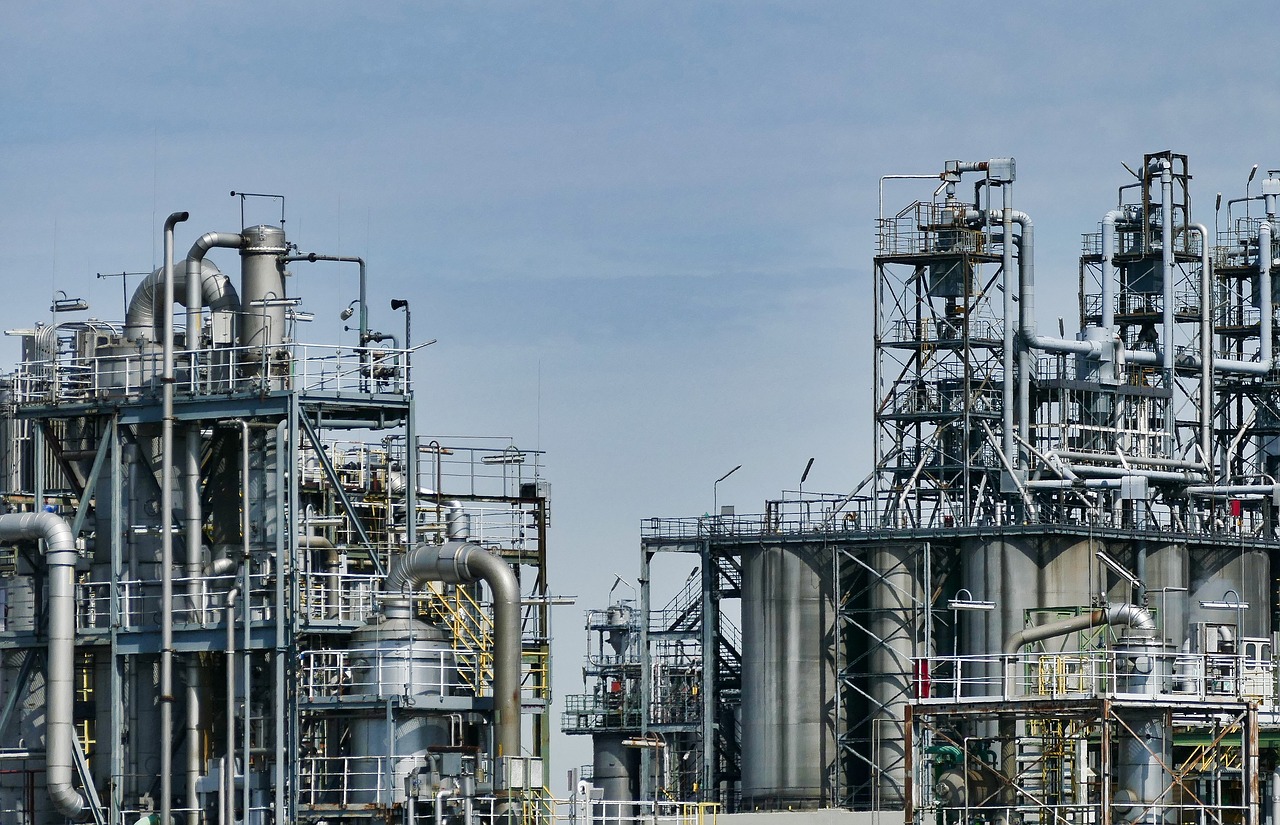
Panama government and energy companies plan to build an advanced biorefinery to boost supply of lower-carbon aviation fuel.
This plan comes as the airline industry is aiming to reach the target of zero net carbon emissions by 2050, reported Reuters.

Discover B2B Marketing That Performs
Combine business intelligence and editorial excellence to reach engaged professionals across 36 leading media platforms.
Furthermore, governments across the world are pushing companies to boost their investment in clean energy initiatives.
Once the construction of the biorefinery completes at the end of 2026, it is expected to generate 180,000 barrels per day of biofuels, including sustainable aviation fuel (SAF) and renewable marine diesel.
Compared to other kinds of transportation, the airline industry is seen as harder to decarbonise and hence a huge ramp-up in SAF production will be required for aviation sector to reach its net zero goal.
As per an analysis of the International Air Transport Association, production of SAF will have to grow from an estimated 8 billion litres in 2025 to almost 450 billion litres in 2050.

US Tariffs are shifting - will you react or anticipate?
Don’t let policy changes catch you off guard. Stay proactive with real-time data and expert analysis.
By GlobalDataSAF produces lower emissions than traditional petroleum-based jet fuel by utilizing feedstocks including soybean oil, used cooking oil and tallow, but it is more expensive to produce.
This project has secured a contract to procure feedstocks, SGP BioEnergy CEO Randy Letang.
SGP BioEnergy is one of the energy companies participating in this initiative.
The new biorefinery will repurpose the current bunker fuel oil terminals in Colon and Balboa in Panama.
In an interview with Reuters, Letang said: “Using what already exists and making adjustments to that, that is the only way that I see that we’re going to meet scale and meet global demand with this transition in a way that is acceptable and not disruptive.”
The project intends to make use of the country’s current export infrastructure to supply SAF and renewable marine diesel across the world.
—————————————————————————————————————–
About 50% the biorefinery’s capacity will be used for SAF production.
Image: The biorefinery is expected to generate 180,000 barrels per day of biofuels. Credit: SatyaPrem from Pixabay.





